2.JPG)
Training on the Earthbag Technique
Natural building and community participation
Senegal, Africa

In Senegal, Balouo Salo launched an intensive training program on the earthbag construction technique, used for the Multipurpose Center and Museum of Traditions in Tanaff. This sustainable and innovative method allows buildings to be made with local, zero-impact materials, making it accessible and replicable by the communities themselves. Over 1,000 community volunteers actively participated, turning the project into a concrete example of empowerment and participation.
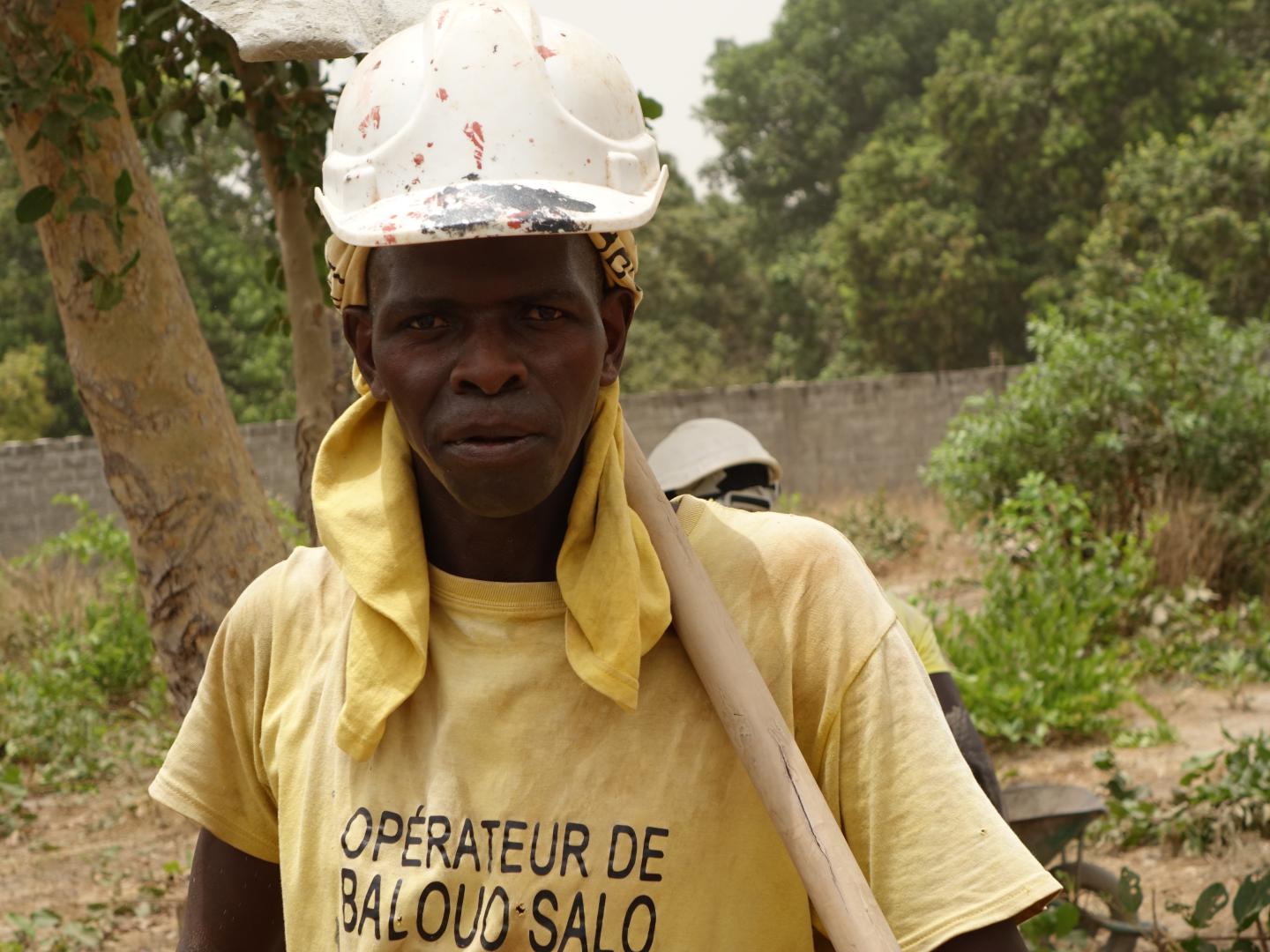
— Mamadou, team member
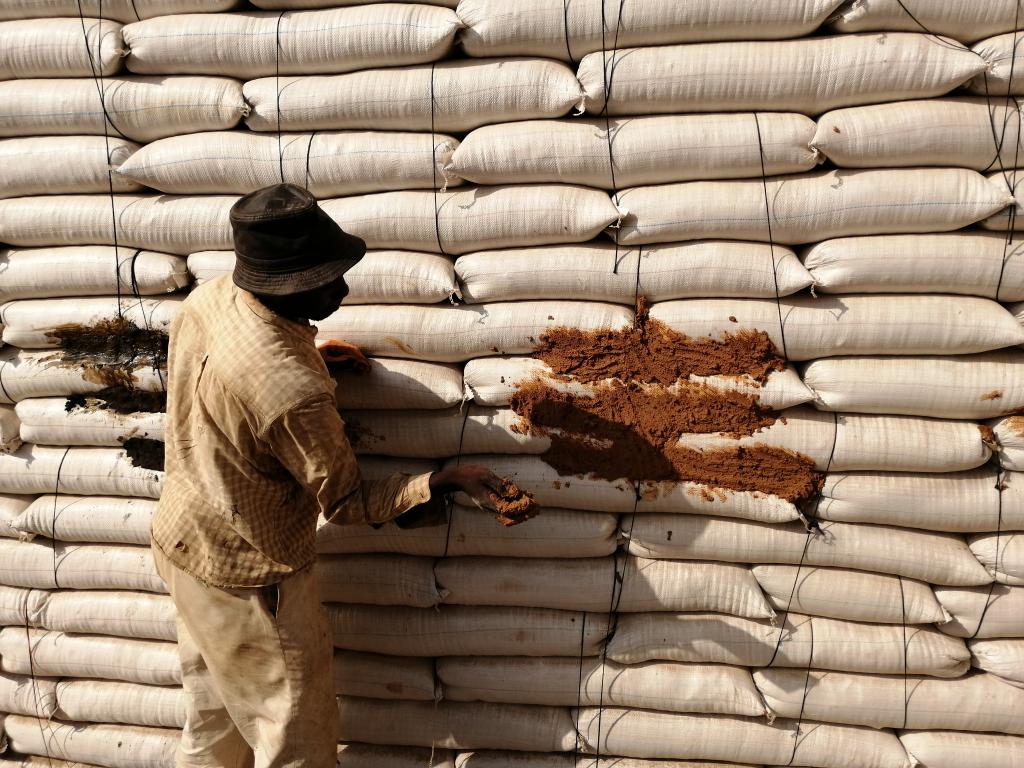
Use only natural and local materials to reduce ecological impact and promote zero-mile construction.
Transfer the skills needed for communities to independently construct durable, healthy, and thermally efficient buildings.
Actively involve women, youth, and local organizations in decision-making and construction processes.
Integrate elements of African building traditions with contemporary techniques to enhance local identity.
.JPG)
.JPG)
In Tanaff, in the heart of southern Senegal, Balouo Salo promoted a unique training project aimed at transferring to the local community the knowledge related to construction with earth-filled bags. This sustainable, low-environmental-impact technique was adopted for the creation of the Multipurpose Center and Museum of Traditions, a symbolic and functional space serving culture and local development.
The method involves using custom-sewn bags filled with local sand, compacted inside special formwork. Layer by layer, the bags are compressed and anchored together with barbed wire and cross-ties, thus ensuring stability and durability. The walls reach a total thickness of 75 cm, providing excellent thermal insulation that improves indoor temperatures by up to 15°C.
The technique is complemented by an artisanal finish in raw earth stabilized with straw and natural cement, which protects the structure, increases breathability, and enhances aesthetics with elements inspired by Mandinka tradition. The project was conceived in synergy with the local community, following the principles of self-construction and direct involvement: over 1,000 volunteers took part in the site, turning it into a real open-air school.
.JPG)
.JPG)
The training program was structured in theoretical-practical modules covering all the construction phases of the earthbag technique. Participants, including young people, women, and local workers, had the opportunity to learn directly on site how to build ecological, accessible, and safe walls using natural resources available within a few kilometers.
Main training topics:
- Preparation and sewing of bags
- Filling and compacting with damp sand
- Use of the iron formwork
- Anchoring with barbed wire and ropes
- Finishing with raw earth, sand, straw, and stabilizer
- Preservation, drying, and maintenance
Inclusive approach:
The project involved schools, youth associations, and women’s groups, turning the site into a participatory and educational space. Through collective practice, the beneficiaries gained not only technical skills but also confidence, team spirit, and a sense of belonging.
See the photos
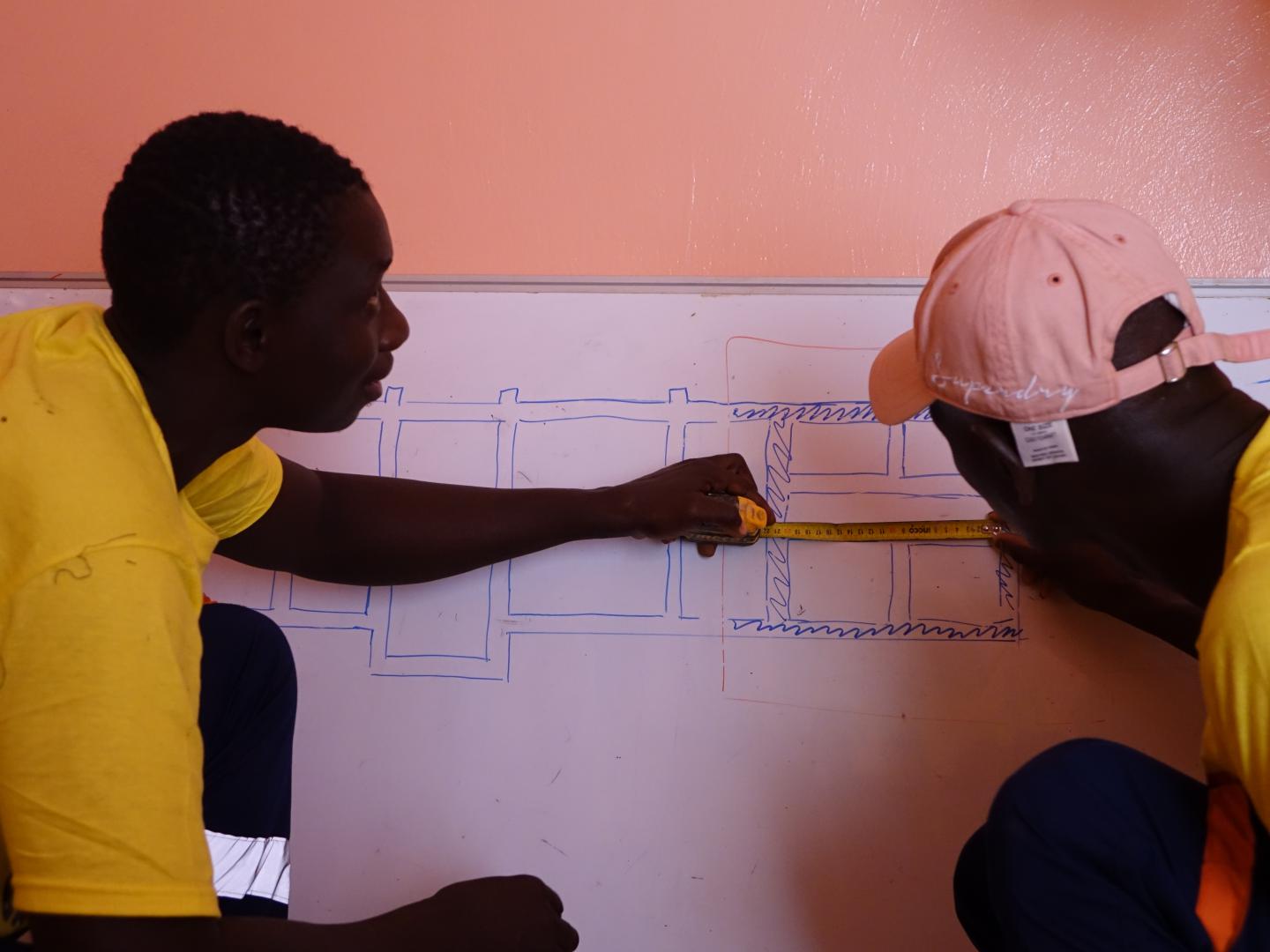
.JPG)
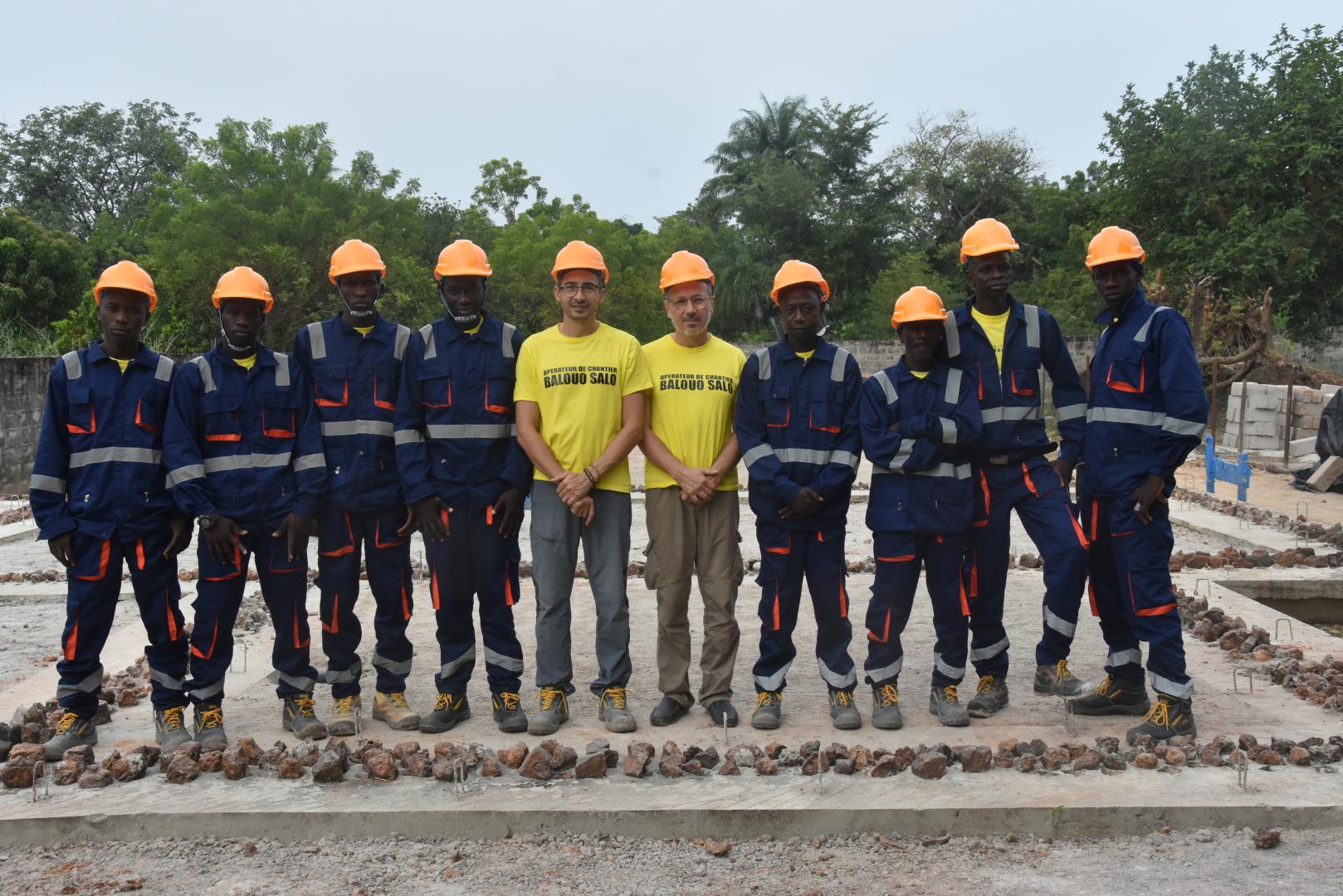
.JPG)
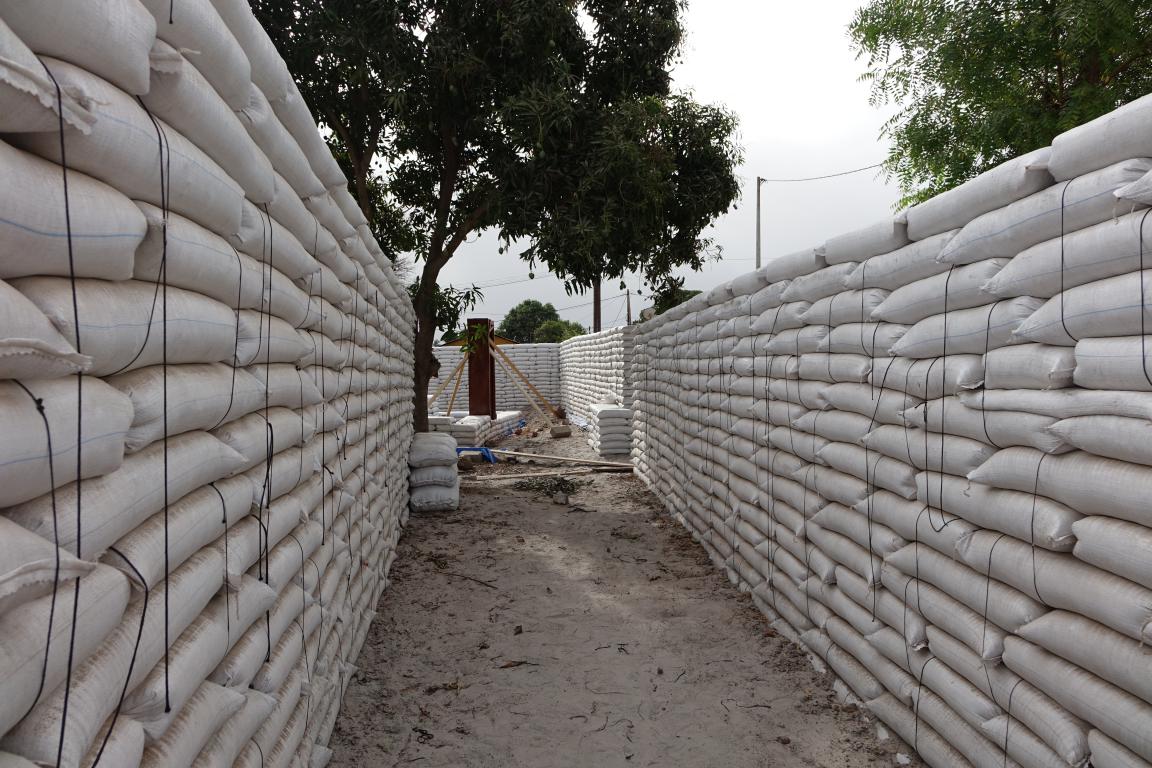
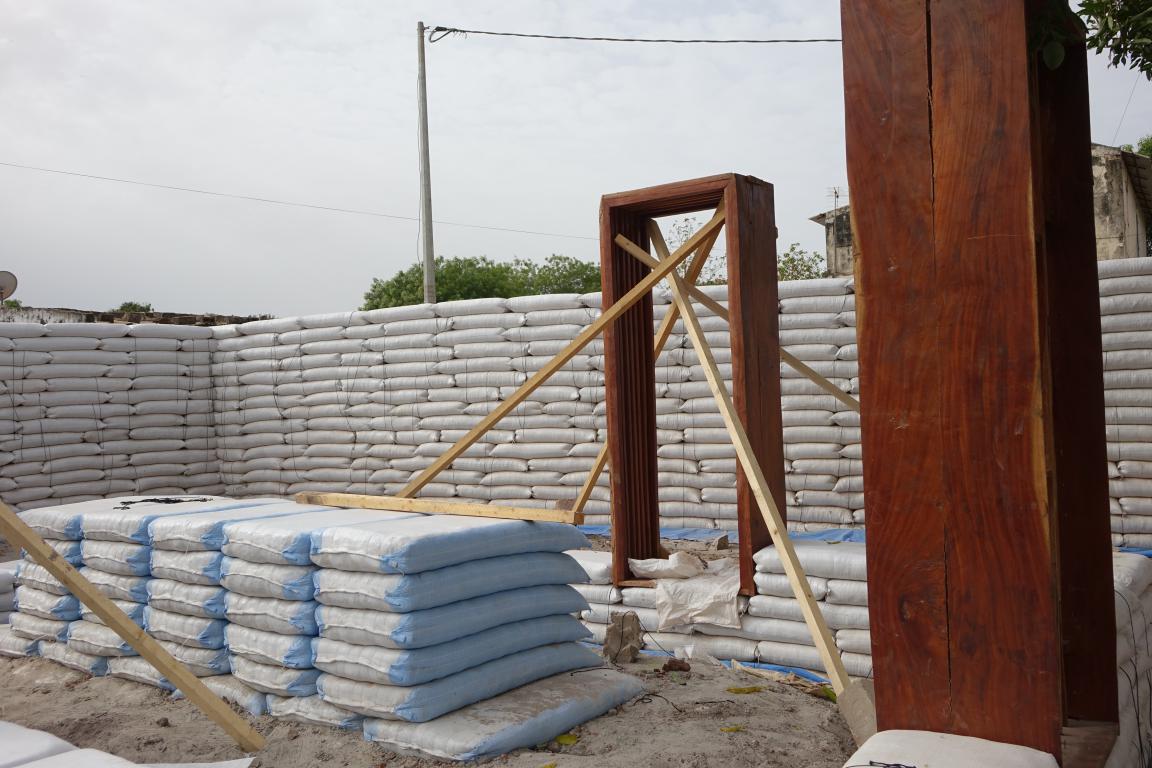
.JPG)
.JPG)
.jpg)
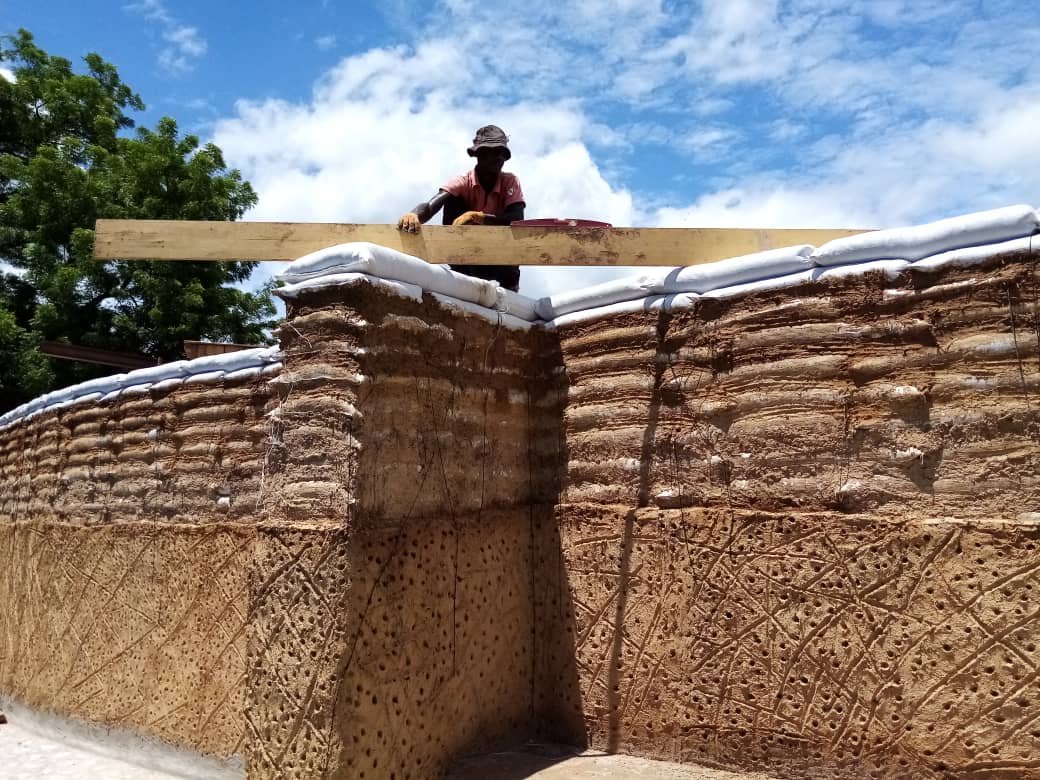
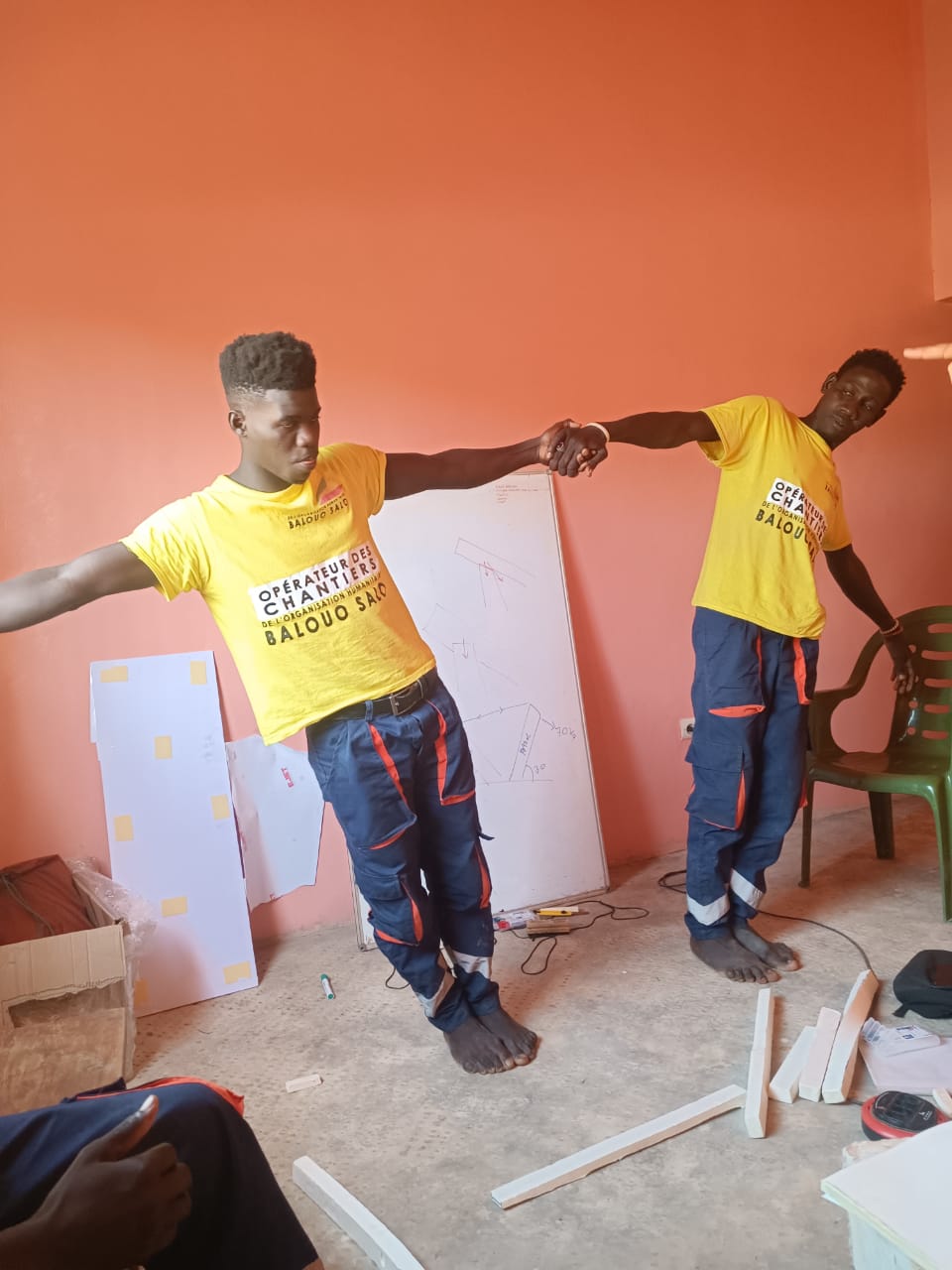
.JPG)